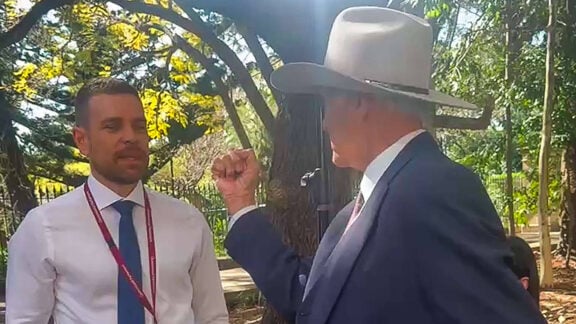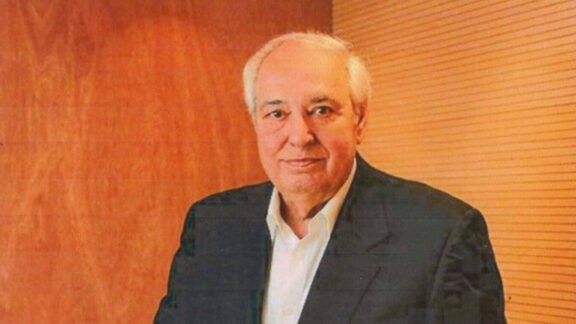The Reserve Bank increased interest rates for the first time in 11 years, on Tuesday, by 0.25 per cent, increasing them from 0.1 per cent to 0.35 per cent surprising many economists who were not expecting such a radical revision, in view of forecasts made in February by Reserve Bank governor, Philip Lowe.
Australia’s four major banks were quick to pass on the increase to borrowers. Commonwealth Bank, ANZ, NAB and Westpac all announced that they have passed on the full 0.25 per cent increase, which will mean an increase by $65 per month to the average $500,000 loan, and $130 dollars per month to a one-million-dollar loan.
Reserve Bank governor Philip Lowe explained the two main reasons the rate had to rise, was that on the one hand “it is now time to begin withdrawing some of the extraordinary monetary policy support that was put in place to help the Australian economy during the pandemic.”
On the other hand, though the economy has been very resilient, with low unemployment “inflation has picked up more quickly, and to a higher level than we had expected.”
The war in Ukraine is driving up oil and coal prices and China’s recent Covid outbreak is putting further pressure on supply chains, which means that the global situation has shifted since the RBA last issued its more modest inflation forecasts.
Dr Lowe made it clear that the increase to 0.35 per cent was the first in a string of rises to come throughout the year and potentially into the next, and in the short to medium term, it is possible the rate could rise to 2.5 per cent.
Banks have repriced new fixed mortgages in line with the official interest rate, and now borrowers that have stuck with variable loans should be prepared for rises.
Millions of Australians who have taken out a cheap mortgage during the pandemic will be the most affected by the cycle of rising interest rates.
In the wake of the Reserve Bank announcement, Prime Minister Scott Morrison has moved to freeze the deeming rate for almost 900,000 social security recipients, pledging that if the government is re-elected, it will guarantee the rate used to determine the income earned from financial assets, which is known as the deeming rate, will be frozen for two years.









